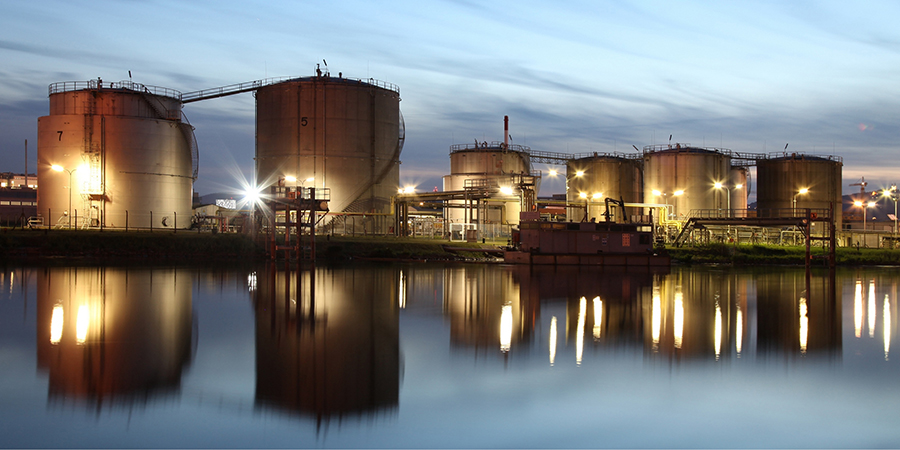Spot prices of trucked LNG in China were highly volatile last month. Delivered price indices in Hebei, southern Jiangsu and southern Guangdong almost doubled in just three weeks. In Hebei and Jiangsu, spot prices reached around RMB10,000/t ($28/mmbtu) on 21 December, the highest since December 2017.
Prices then dropped sharply, only to increase again when another cold spell hit the country in late December, although failed to reach the previous week’s peak.
Commenting on the trend, Wood Mackenzie research director Miaoru Huang said: “The price spike came as a huge surprise to market participants. Before winter started, consensus was that there would be a well-supplied market with subdued trucked LNG prices, as was the case for most of 2020. As a result, trucked LNG supply had been tightened to make room for piped gas in the current winter season.”
Trucked LNG makes up less than 20 percent of China’s total gas demand annually. However, its prices are highly sensitive to market balance, especially in winter when it acts as an important peak-shaving source.
The current winter gas demand has been accelerating due to strong economic recovery, household coal-to-gas switching, relaxed gas allocation to non-prioritised sectors and cold snaps.
Logistical issues added to the price hike this season. Cold weather disrupted LNG transport, as roads were frozen. In addition, a fire at Guangxi Beihai LNG terminal in southern China forced the facility, which has a maximum receiving capacity of 6 million tonnes per annum (mmtpa), to cease operations until late December.
Huang said: “City gas distributors, small industrial and transport end-users are most affected by the price surge. Upstream suppliers’ top priority is to safeguard residential and space heating demand. Non-prioritised users faced piped gas cuts at short notice.
“As demand was sluggish before winter, city gas distributors did not ask upstream suppliers for enough additional supply in winter piped gas contracts. As a result, some of them were caught by the sudden demand surge and had to resort to trucked LNG.”
For more information visit www.woodmac.com












